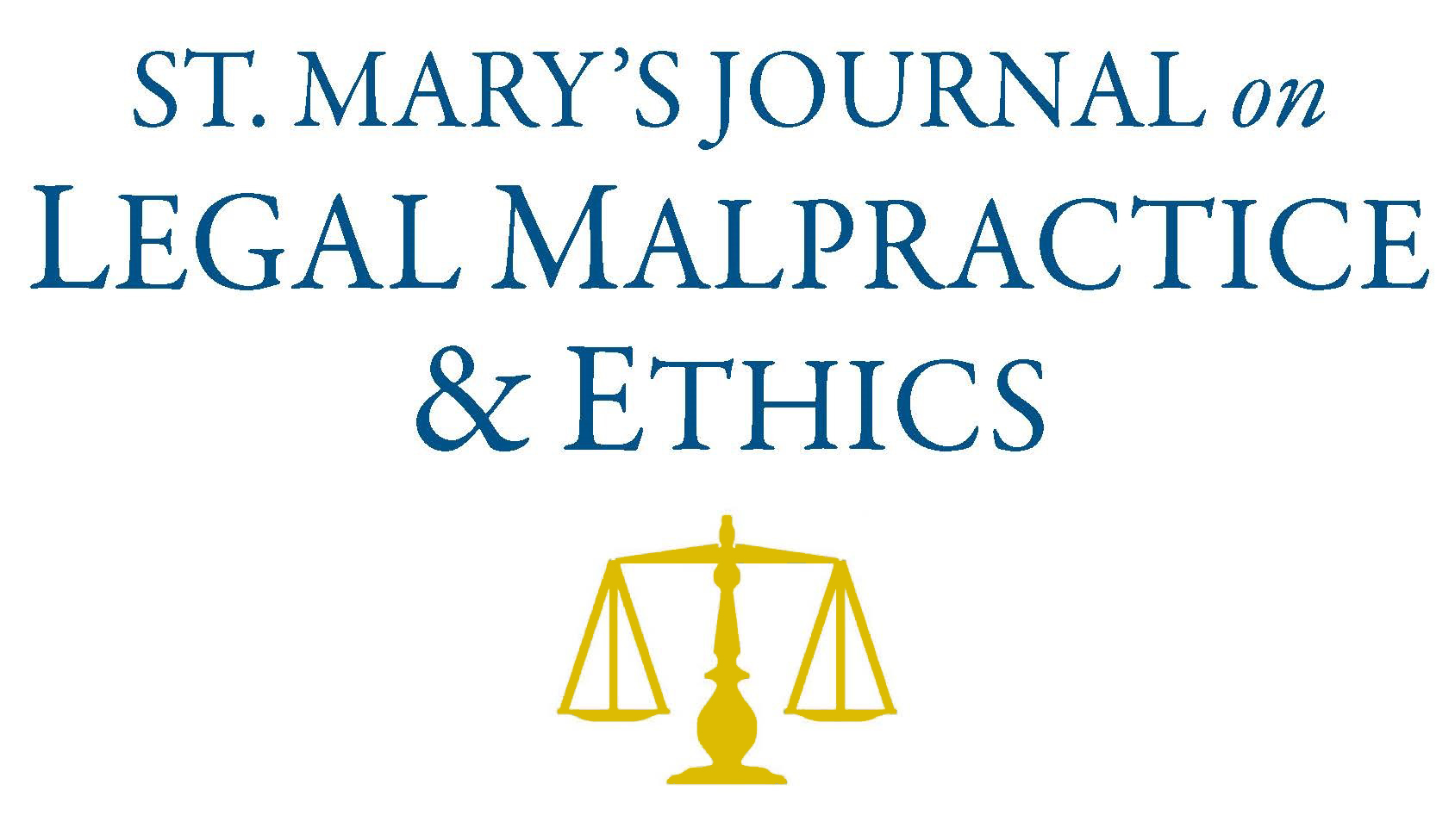
First Page
108
Date Created
10-17-2023
Publisher
St. Mary's University School of Law
Editor
Julia M. Tillman
Last Page
171
Abstract
Today’s law students and aspiring law students will enter law school having been bombarded with the message that they, as members of the voting public, are victims of “The Big Lie.” They likely also know that “The Big Lie” story consistently sent by politicians, activists, and others through all forms of informational outlets, including traditional and nontraditional media sources, has been found to be unsupported by facts. For legal educators, this is particularly concerning because many of those sending and supporting “The Big Lie” story are lawyers. Aspiring lawyers are left with the impression that zealous representation is relatively boundless and allows espousing false information to the public and in the judicial system to advocate for a client. Such a result is harmful to the public, the legal profession, and the individual lawyers. The good news is the generation of individuals who have recently entered law school and those who will be beginning a legal education over the next several years, now identified as belonging to “Gen Z,” may be more likely to reject the image of lawyers created in the public eye and to embrace the opportunity to build a professional identity that values the truth and its role in achieving justice. The public perception of the lawyer’s role formed through these well-publicized examples of lawyering are entirely inconsistent with the legal academy’s recognition of the need for aspiring lawyers to build a professional identity that is consistent with their values and beliefs. Efforts to guide students to professional identity formation are essential to achieving self-satisfaction, wellness, and success in the legal profession; in turn, the result of these efforts will benefit the legal profession and the public. The dichotomy between the current public perception of a lawyer’s role and the goal of legal educators presents a challenge not just for the Professional Responsibility professor but also for the entire law school community. Recognizing and highlighting the traits associated with the Gen Z law student can allow legal educators to meet this challenge. Because one of the traits found to be associated with the Gen Z cohort, to which current and incoming law students will increasingly belong, is that its members value truthfulness, an opportunity exists to bridge the gap between what law students may expect to learn about ethics in law school and legal education’s professional identity formation objectives. To answer the question posed in the title—whether current and future law students can handle the truth—this Article explores the meaning of the truth and the legal professional’s and profession’s role in the search for the truth, revealing a current inherent ambiguity in the definition of the truth. This Article then exposes the gap between the current public perception of a lawyer’s obligation to be truthful and the goal of legal education in guiding law students toward a professional identity that values the truth. This is accomplished by using recent examples of lawyer dishonesty and the effects their actions have had on their careers, the legal system, and the public; and contrasting these examples with professional identify formation efforts within the legal education community. This is followed by exploring the characteristics and values associated with a new generation of law students that are relevant to efforts by legal educators to redirect the discussion regarding a lawyer’s role, including the obligation, to tell the truth. Finally, this Article suggests ways in which legal education can exploit the characteristics and traits found common with this new generation of law students as they relate to values associated with truthfulness to accomplish professional identify formation goals. The Conclusion posits that the recent well-publicized examples of unethical lawyering may well present more of an opportunity than a challenge as legal educators work with a new generation of law students in professional identity formation.
Recommended Citation
Michele N. Struffolino,
Can They Handle the Truth? Teaching Law Students Ethics During a Time of a Societal and Generational Divide,
13
St. Mary's J. on Legal Malpractice & Ethics
108
(2023).
Available at:
https://commons.stmarytx.edu/lmej/vol13/iss1/4
Included in
Law and Society Commons, Legal Ethics and Professional Responsibility Commons, State and Local Government Law Commons

